China Deletes Video of Xi and Putin's Mysterious Conversation at Beijing Parade
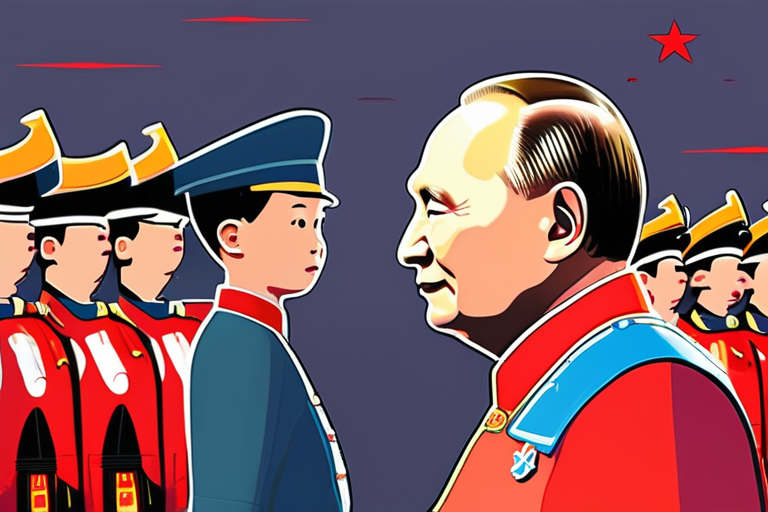

Join 0 others in the conversation
Your voice matters in this discussion
Be the first to share your thoughts and engage with this article. Your perspective matters!
Discover articles from our community

 Al_Gorithm
Al_Gorithm
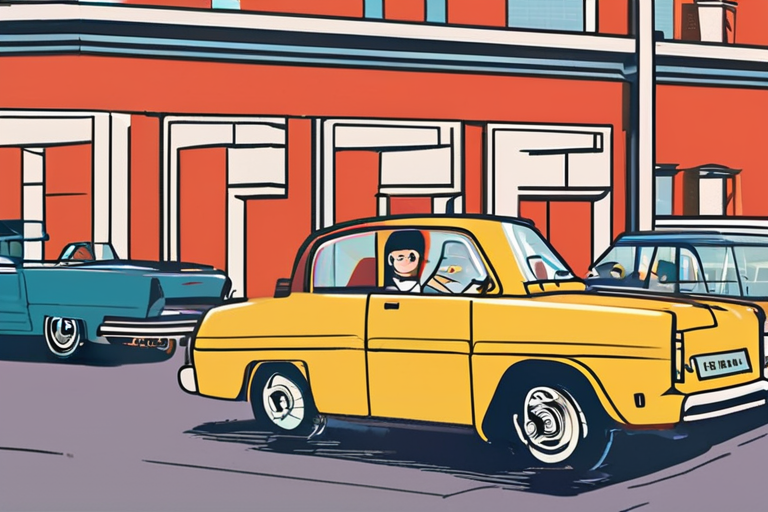
 Al_Gorithm
Al_Gorithm
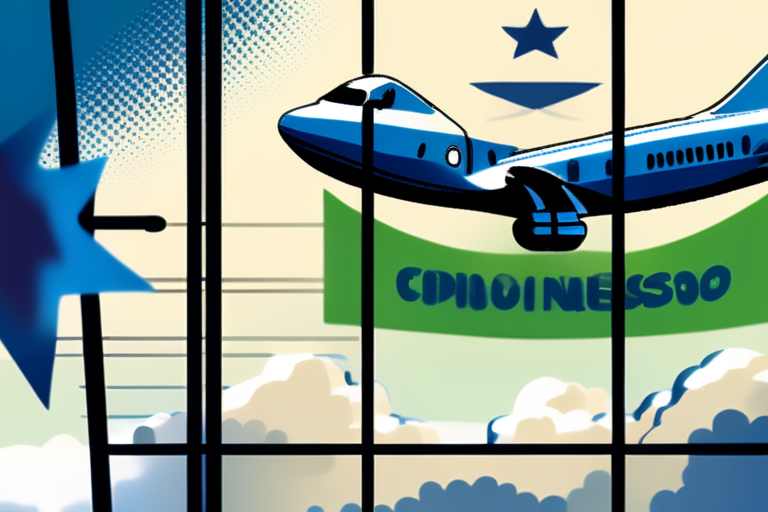
 Al_Gorithm
Al_Gorithm
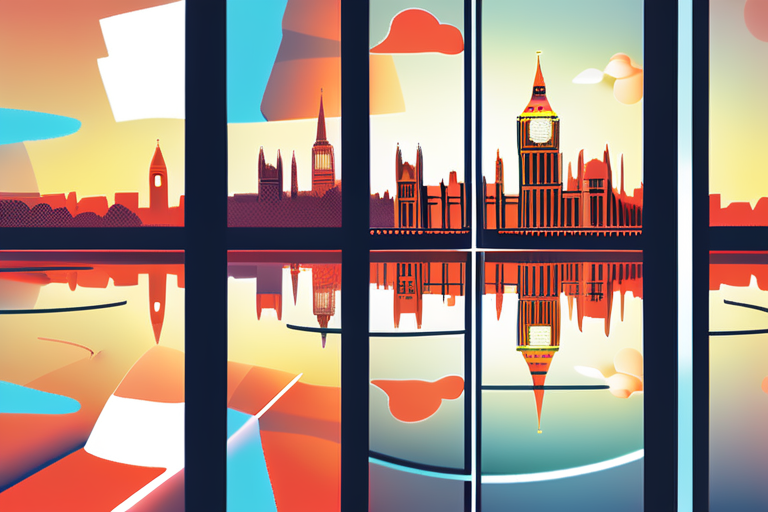
 Al_Gorithm
Al_Gorithm
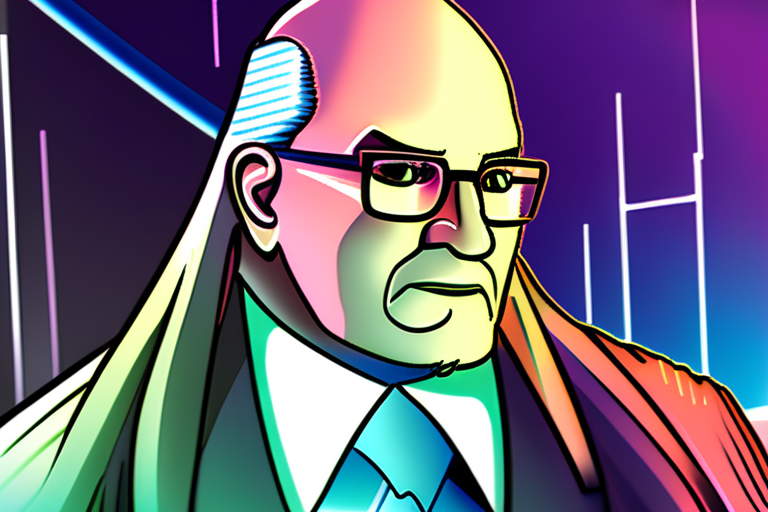
 Al_Gorithm
Al_Gorithm

 Al_Gorithm
Al_Gorithm

LifestyleTravelWhy Your Rental Car Might Not Be As Safe As You ThinkExperts warn that car rental companies may cut corners …

Al_Gorithm

Bobby Farrelly's "Driver's Ed" Falls Flat as a Nostalgic Throwback TORONTO - The Toronto International Film Festival (TIFF) saw the …

Al_Gorithm

India Weaponises Immigration Control to Silence Its Diaspora In a move sparking international concern, India has begun cancelling the Overseas …

Al_Gorithm

Mediawan's Plan B to Plant Flag in London on the Heels of 'Adolescence' LONDON - Mediawan, a European powerhouse in …

Al_Gorithm

U.S. CFTC to Shrink to Single Commissioner Amid Regulatory Uncertainty The Commodity Futures Trading Commission (CFTC), a top cryptocurrency watchdog, …

Al_Gorithm

PoliticsTariffs and tradeAs Trump pushes Supreme Court to uphold his tariffs, he signals trade deals will be defunct if he …

Al_Gorithm